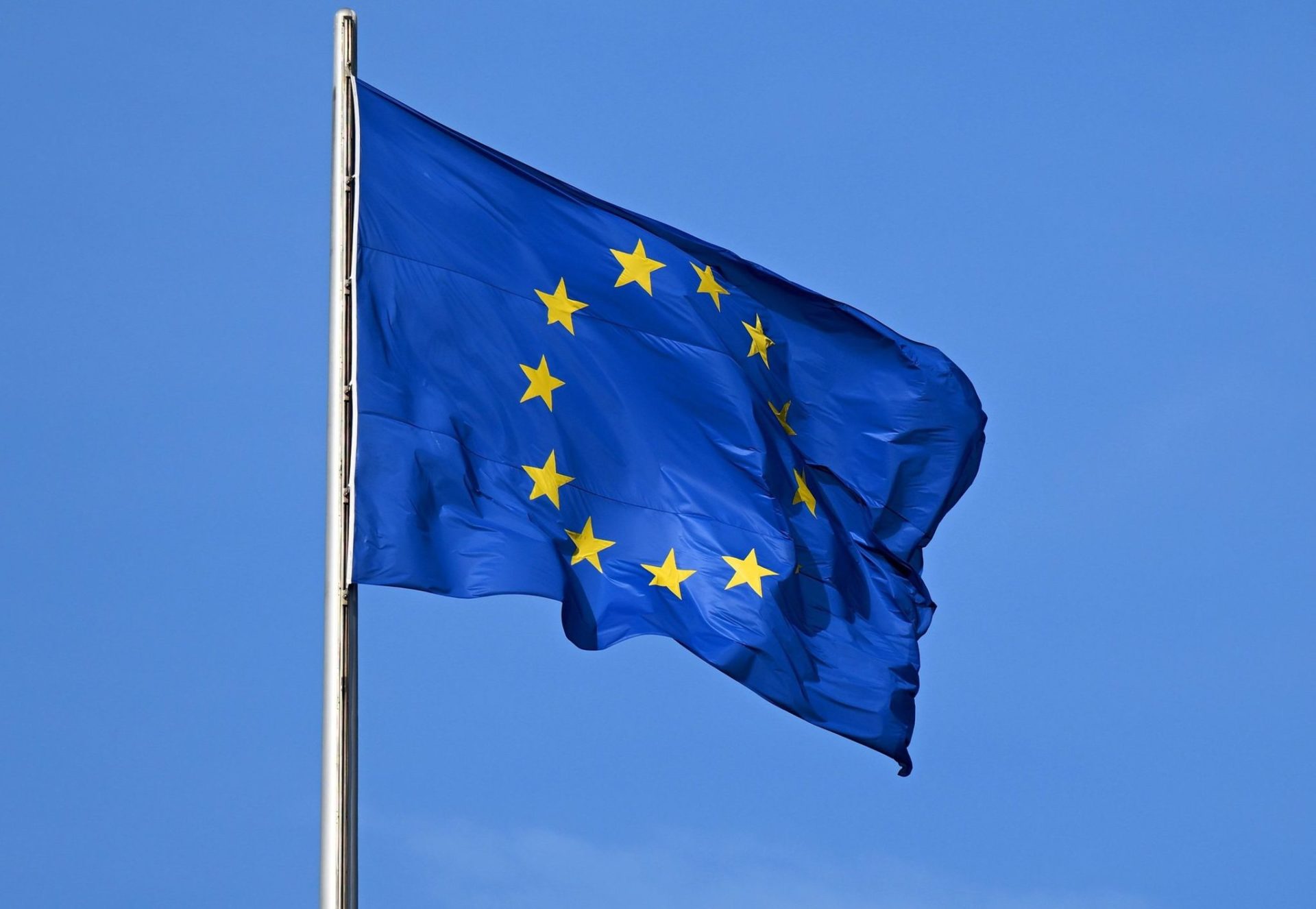
by Belga, BTA, TASR, STA | 31.Mar 2023 | Europe in brief
The Belgian government’s investment department plans to buy abandoned European Commission office spaces with a value of 1 billion euros. Slovakia’s parliament agreed on a common position concerning support for Ukraine. Bulgarian farmers demonstrate against duty free imports of Ukrainian agricultural products.

by AFP, ANSA, Belga, BTA, dpa, EFE, STA | 31.Mar 2023 | Key Stories
Ahead of her trip to Beijing next week, European Commission President Ursula von der Leyen called for a realignment in relations with China on Thursday. But is this at all possible given the strong economic ties?

by AFP, APA, dpa, STA | 28.Mar 2023 | Europe in brief
Austrian Chancellor Karl Nehammer plans to organize a summit with car manufacturers to talk about e-fuels. Several member states call for urgent reforms of the Common European Asylum System. French President Emmanuel Macron and European Commission President Ursula von der Leyen are expected to travel to China together.

by AFP | 28.Mar 2023 | Fact check
The EU ban on sales of new fossil fuel cars from 2035 is expected to be formally adopted this year. Posts shared thousands of times on Facebook and Twitter since December claim that Italy “has decided not to comply” with the ban. Yet, AFP found no trace of an official statement of the sort in the Italian press. What’s more, an EU government cannot legally refuse to implement the regulation, which is an EU law that is directly applicable to the citizens of member states. Finally, the primacy of EU law over national law is enshrined in a declaration annexed to the TFEU — the Treaty on the Functioning of the European Union — which was ratified by all EU members, European legal experts told AFP.

by dpa, Europa Press, BTA | 24.Mar 2023 | Europe in brief
In the dispute over the planned ban on new cars with internal combustion engines, the EU Commission has proposed a solution to the German government. Other news this week: EU member states criticize a proposed ban of bottom trawling in the fishing industry and Bulgaria’s interim government does not plan for additional military aid to Ukraine.




